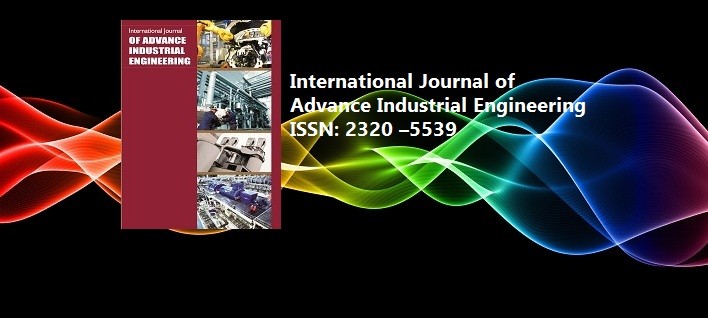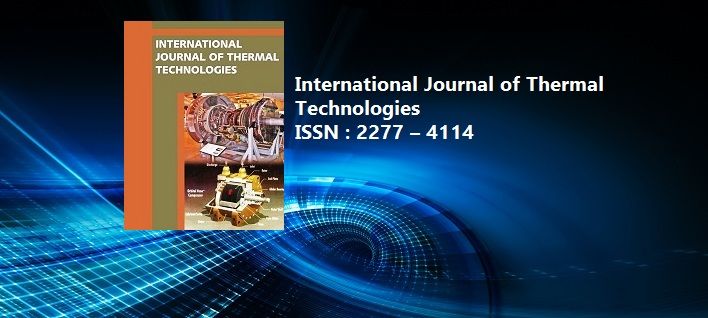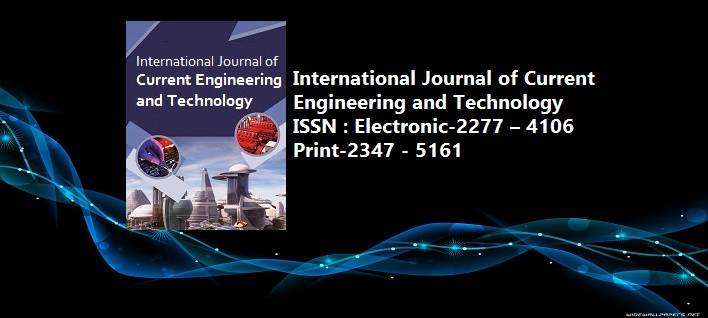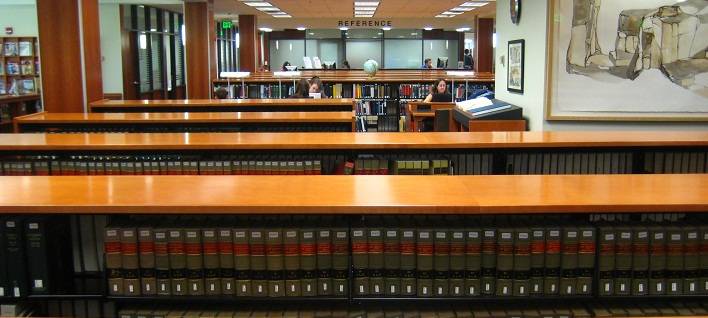Analyzing Thermal Insulation for Effective Hydrate Prevention in Conceptual Subsea Pipeline Design
Pages : 2492-2499
Download PDF
Abstract
Produced natural gas stream from the reservoir is always saturated with water and one of the problems associated with its transmission especially in subsea pipeline is the formation of hydrates. Hydrate formation in subsea pipelines is a major problem that arises due to temperature drop and other thermodynamic changes during production. The formation of hydrates in subsea pipelines should be prevented effectively to guarantee that the pipeline operates normally. Insulating subsea pipelines is essential to avoid possible hydrate formation. This study focused on discussion and analysis on both theoretical correlations and published experimental data which evaluates conditions that favours hydrate formation in subsea pipeline. It presents an overview of hydrate prevention and control measures based on existing hydrate predictive and inhibition methods. A field with slightly modified natural gas compositions was studied and the hydrate formation temperature at the pipeline phase was predicted using simulation software. Heat transfer equation under steady state fluid flow as well as that for rate of heat loss was used to develop a simple FLOWLINE software model; to analyze the insulation material required to effectively prevent hydrate formation in a subsea pipeline. The predicted hydrate formation data generated was incorporated into a case study field’s pipeline design base parameters. The analysed result was applied to a pipeline and facility design case study of an offshore petroleum production system using the PIPESIM simulator software. The aim of comparing the efficacy of the selected insulation material thickness needed to prevent hydrate formation in the pipeline was achieved. The tools applied here are relatively easy to study sensitivities and analyse conceptual subsea pipeline design calculations leading up to selection of thermal insulation for effective hydrate prevention as part of a deep-water project development.
Keywords: Hydrate, Flow Assurance, FLOWLINE, Simulator, Thermal Insulation and Thermal Analysis
Article published in International Journal of Current Engineering and Technology, Vol.5, No.4 (Aug-2015)



















 MECHPGCON, MIT College of Engineering, Pune, India
MECHPGCON, MIT College of Engineering, Pune, India AMET, MIT College of Engineering, Pune, India
AMET, MIT College of Engineering, Pune, India International Conference on Advances in Mechanical Sciences
International Conference on Advances in Mechanical Sciences  International Symposium on Engineering and Technology
International Symposium on Engineering and Technology International Conference on Women in Science and Engineering
International Conference on Women in Science and Engineering




